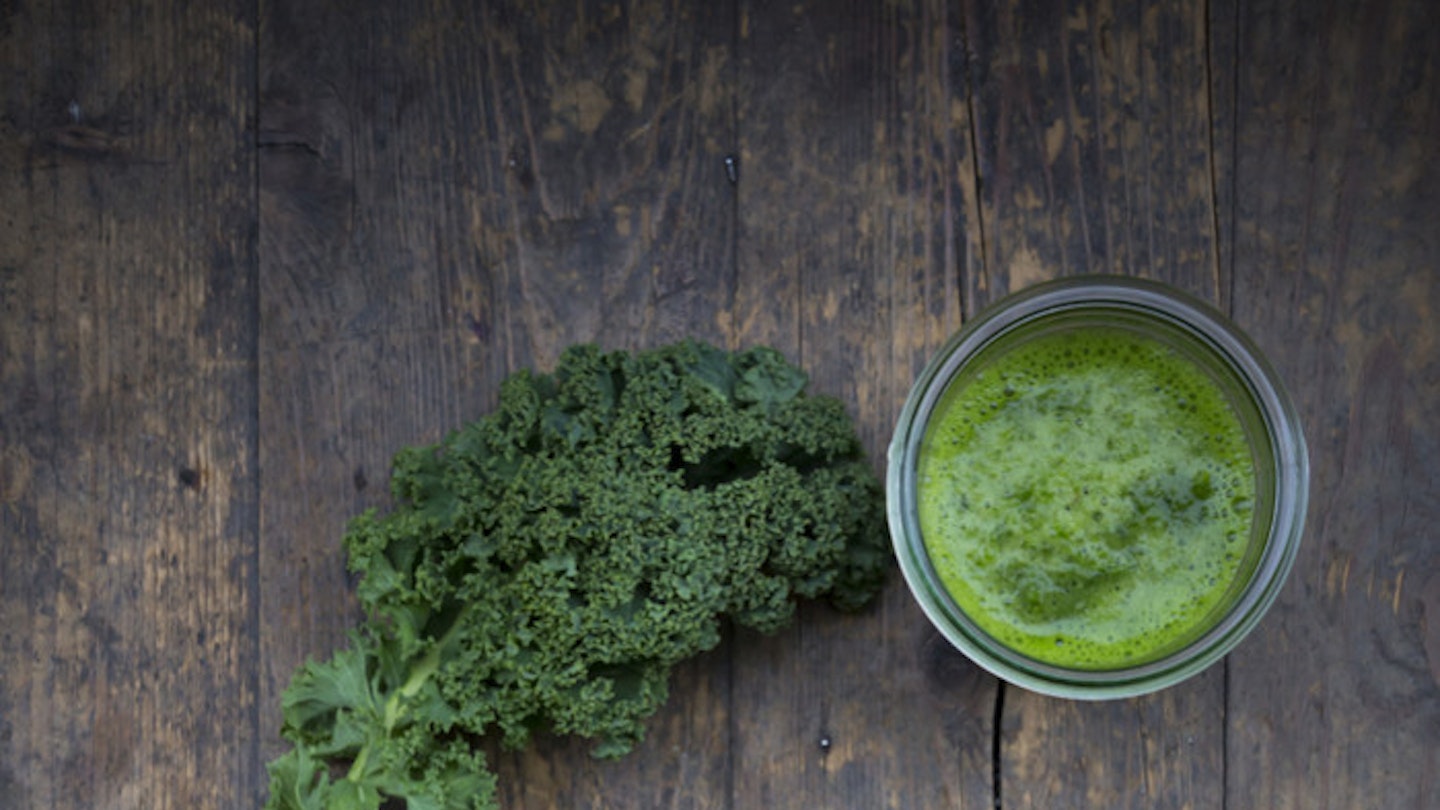Now, depending on which side of the fence you're on, we have good news or bad news. Good news if you're sick of hearing about about the other K word (we don't mean Kardashian for once) and wish people would stop trying to make you drink green things.
But, if you're a devotee of Paltrow and her ilk, it's not good news at all. For the first time in an uninterrupted, years-long run of being hailed as the world's best superfood, kale is in the crosshairs.
Kale has become synonymous with a healthy lifestyle, and yet the leafy green vegatable reportedly contains worrying levels of heavy metals that could be poisonous. Harper's Bazaar US reported that an American molecular biologist, Ernie Hubbard, found that kale is in fact a 'hyper-accumulator' of heavy metals like thallium - which is also found in rat poision.
As Ernie explains, the culprit is the soil. "If it's left in the ground, the leafy greens are going to take it up". Leafy greens that grow in the ground all soak up nickel, lead, aluminum traces, and this contamination is found in organic and standard produce.
Thallium can spell serious trouble, even in ingested in non-fatal amounts. Think anything from fatigue and digestive woes to heart arrhythmia and hair loss, and it might be enough to put you off those kale chips.
It's worth noting that in that our ever-more industrial world, toxins and poisons are everywhere, but it's not ridiculous to want to keep an eye on your consumption levels - particularly if you're concertedly trying to eat more greens. Anyone for spinach..?
